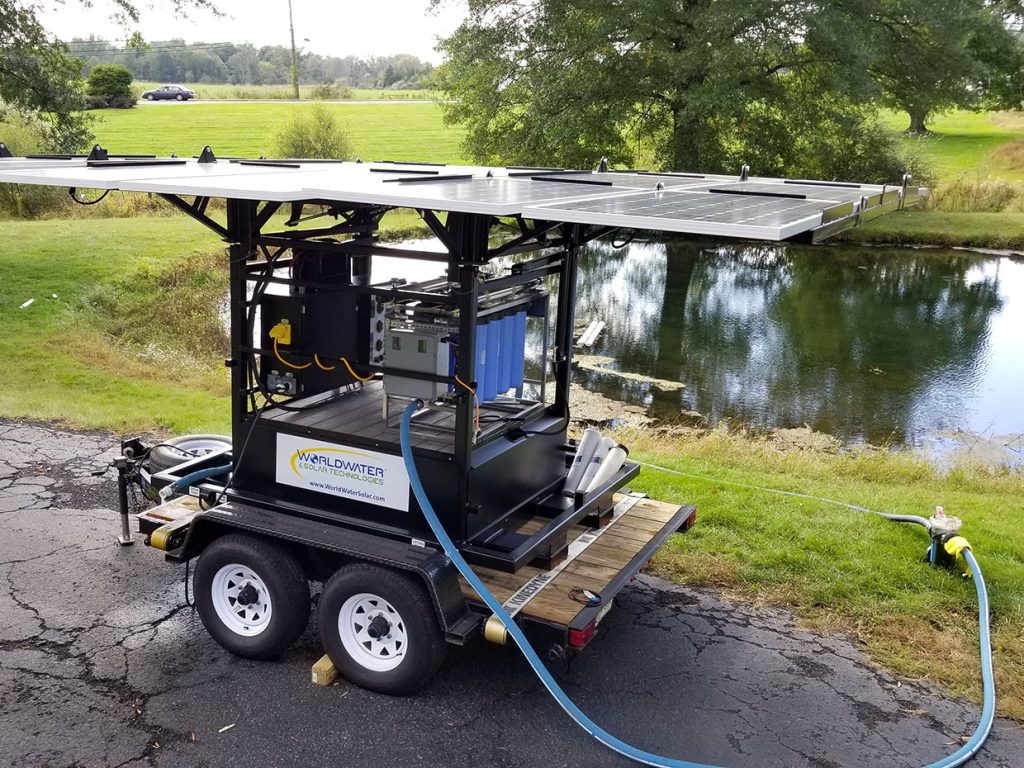In a world where water quality is becoming an increasing concern, finding the right water filtration system is essential for ensuring the health and well-being of you and your family. With a plethora of options available on the market, navigating the waters of water filtration systems can be a daunting task. This buyer’s guide aims to shed light on the key features and considerations that make up the finest water filtration systems. Before diving into the world of water filtration, it is crucial to understand the specific contaminants present in your water. Different filtration systems are designed to target specific impurities, such as chlorine, heavy metals, bacteria, or sediment. Conducting a water quality test can provide valuable insights into your water’s composition and help you choose a system that addresses your unique needs.
Types of Filtration Systems – There are various types of water filtration systems available, each with its own set of advantages and disadvantages. Common types include:
- Activated Carbon Filters – Ideal for removing chlorine, volatile organic compounds VOCs, and bad odors.
- Reverse Osmosis Systems – Effective in removing a wide range of contaminants, including heavy metals, minerals, and bacteria.
- Gravity-Based Filters – Depend on gravity to push water through a filtration medium, suitable for camping or emergency situations.
Choosing the right type depends on your specific needs, available space, and budget.
Filtration Capacity – Consider the flow rate and filtration capacity of the system. The flow rate determines how quickly water is filtered, while the filtration capacity indicates the volume of water the system can purify before needing replacement. Balancing these factors is crucial to ensure a steady supply of clean water.
Maintenance and Replacement – Regular maintenance is essential for the longevity and effectiveness of your water filtration system. Some systems require more frequent filter replacements than others, so it is important to factor in the cost and availability of replacement filters when making your decision.
Certification and Standards – Look for water filtration systems that have been tested and certified by reputable organizations, such as NSF International or the Water Quality Association. These certifications ensure that the system meets specific standards for contaminant reduction and overall performance.

Installation and Compatibility – Consider the installation requirements of the filtration system. Some systems can be easily installed by homeowners, while others may require professional assistance. Additionally, ensure that the chosen system is compatible with your existing plumbing and meets any specific installation guidelines.
Cost of Ownership – While the initial cost of a water filtration system is a significant consideration, it is equally important to evaluate the long-term costs, including filter replacements, maintenance, and any additional expenses. Investing in a high-quality system may prove more cost-effective in the long run and click here https://advancedwaterpurification.us/.
Choosing the finest water filtration system involves a careful assessment of your water quality needs, consideration of different filtration types, evaluation of capacity and maintenance requirements, and adherence to industry standards. By making an informed decision, you can enjoy the peace of mind that comes with knowing your water is not only safe but also of the highest quality. Remember, the brilliance lies in the details – choose wisely for the health and well-being of your loved ones.